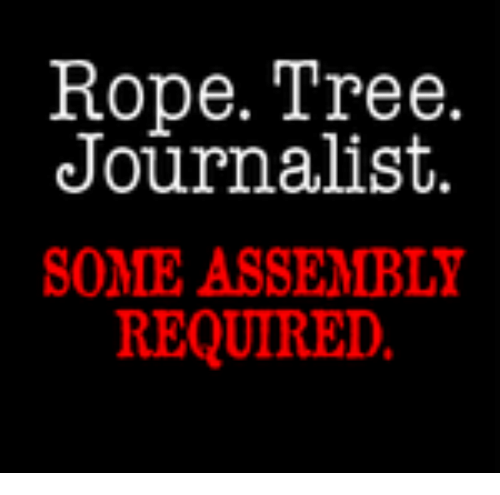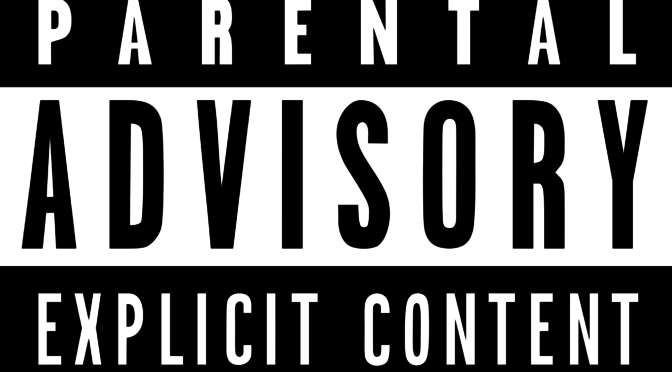Facing hostility comes with the territory of being a reporter.
Your job is to ask pointed and sometimes uncomfortable questions, so you’ve got to have a thick skin.
I’ve been harassed by corrupt cops I exposed, browbeaten and threatened by readers and subjected to bizarre low-level stalking by a conspiracy theorist and his followers.
I know other journalists who have endured far, far worse.
A friend and former colleague, Paula McMahon, now of The South Florida Sun Sentinel, was surrounded once in the mid-1990s by an angry mob of men in a Hasidic Jewish village in New York who were hellbent on trying to intimidate her. (It didn’t work.)
My friend Leslie-Jean Thornton, a journalism professor at Arizona State University, had her own story to share last week at a panel discussion, “Journalists in the Hot Seat: Staying Safe in a Hostile Political Climate,” hosted by the Association for Education in Journalism and Mass Communication.
She recounted how as the editor of a newspaper in Westchester County, N.Y., in 1990, she was subjected to persistent phone calls of the sounds of gunshots after she wrote an editorial about anti-abortion protesters who had distributed plastic fetuses in the local elementary school and put postcards with disturbing images in mailboxes.
As scary as those stories were, they were largely one-off occurrences.
They were not part of a pervasive and persistent pattern of animus – bordering on doing physical harm — toward members of the press.
That’s changed.
For about the past year, I’ve had a notion to write about the news media under fire.
Even after watching reporters regularly get jeered at presidential rallies, even after newsroom discussions of how to respond in case of an active shooter (Run. Hide. Fight.) and even after the unimaginable shootings at The Capital Gazette in Maryland that claimed the lives of five journalists, I felt like, nah, maybe I was just too close to the topic.
Maybe I was too paranoid or sensitive.
Maybe I was blowing things out of proportion.
And then I heard the panelists at this conference last week enumerate the ways the threats have escalated.
Networks have taken to hiring their own private security to protect certain high-profile news reporters when they are in the field.
There’s been a significant increase in death threats to reporters, especially those who have challenged the White House press secretary, panelists said.
And unrelated to politics, a panelist recounted how a young reporter at a small newspaper got death threats over a crime scene photo she took.
Thornton did a deep dive into the world of Instagram and found numerous disturbing memes depicting – and sometimes celebrating – violence against the press.
There was a press pass with a target superimposed on it.
Another read: “Rope. Tree. Journalist. Some assembly required.”
 And another featured the logos of major news outlets, such as The New York Times, CNN and The Washington Post, with bullet holes and “Trump 2018” on the bottom.
And another featured the logos of major news outlets, such as The New York Times, CNN and The Washington Post, with bullet holes and “Trump 2018” on the bottom.
Tomorrow, newspapers in editorials across the country are banding together to speak with one voice about President Trump’s inflammatory rhetoric about the press.
Among other things, he’s called the news media “the enemy of the people” and “very dangerous and sick!”
His repeated pronouncements have been seen as an incitement to violence.
(A caller to C-SPAN recently threatened to shoot CNN hosts Brian Stelter And Don Lemon, saying: “They started the war. If I see ’em, I’m going to shoot ’em.”)
The attacks come at time that newspapers have been ravaged by deep cuts, leaving voters less informed and elected officials less engaged. Local governments face higher borrowing costs because the lack of local watchdog reporting holds them less accountable, Columbia Journalism Review reported.
Faced with growing concerns for our safety and security and at the same time the need more than ever for a vigilant press, what’s the answer?
Hide?
Run?
Fight.
Yes, fight.
Not with guns, but with our work.



